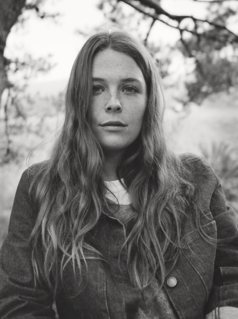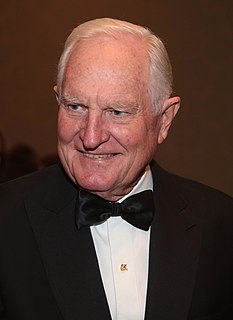A Quote by Eugene Jarecki
My father left Nazi Germany a year after Dr. Kissinger, and so in my household he was very much an icon. He was a kind of immigrant success story, a refugee success story.
Related Quotes
I love Europe, but we are still struggling with that kind of development. First of all, we don't have a smart conversation about the difference between an immigrant and a refugee. A refugee can't go back. An immigrant is someone - I chose to move to America. And I also have the option of saying hey, didn't work out, I can move back. That's a completely different story than someone who is locked in.
I feel like, if I'm being honest with myself, my biggest skill set is as a writer 'cause I can do that quickly and I'm really grounded in story structure. Part of my success as an actor, is that I know story well. Part of my success as a director, is how well I know story. Same thing, as a producer. It all begins and ends with me as a story creator. But, I love doing it all.
Part of success is having a good story, and as a journalist, I totally understand. But it meant that my many, many years of focus and hard work got kind of prepackaged into a Cinderella story. I'm super grateful that it happened, but it left me feeling like I never got to be a full human in the experience.
'East of Eden' is an important story for me. It's about a kid that's misunderstood and feels like he's not loved by his father. It's a very father-son kind of story, and it's not until the end that they sort of make up. I like that because every boy has trouble with his father, so it's very relatable.
If one loves stories, then one would naturally love the story of the story. Or the story behind the story, pick your preposition. It does seem to me to be a kind of animal impulse almost, a mammalian curiosity. For a reader to wonder about the autobiography in a fiction may be completely unavoidable and in fact may speak to the success of a particular narrative, though it may also speak to its failure.
Jay-Z is more naturally gifted. He didn't depend as much as 50 did on his personal story. Jay-Z has a great story, he came from a pretty rough background. But 50's early success was so much fueled on the story and where he came from. With Jay-Z, I feel he has a more natural gift for language and for music itself. 50 really had to study and work at it much harder.





































